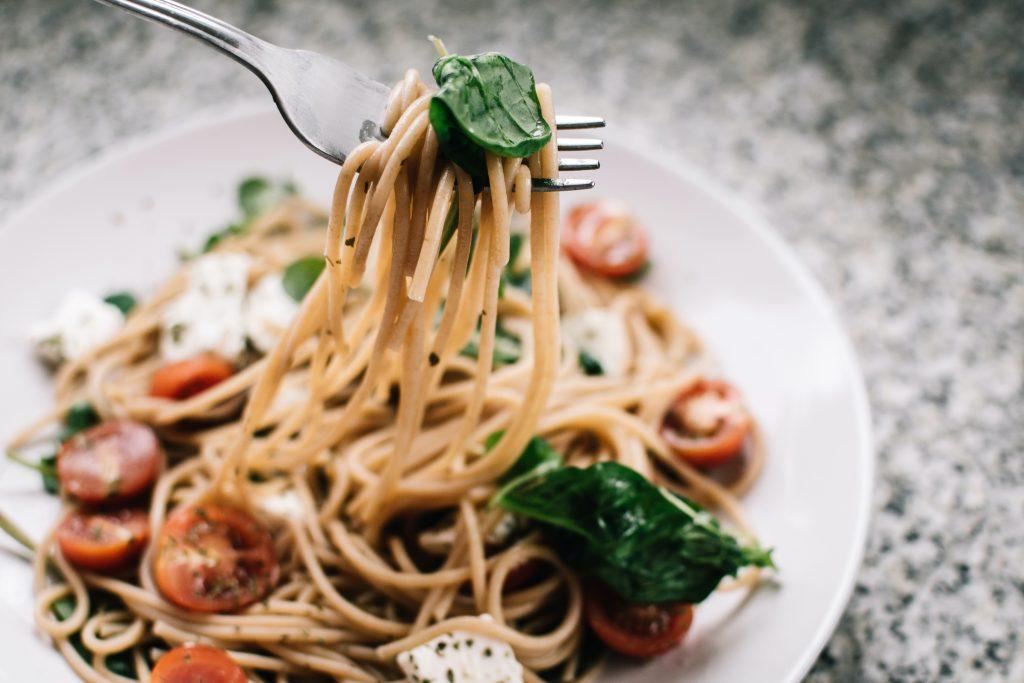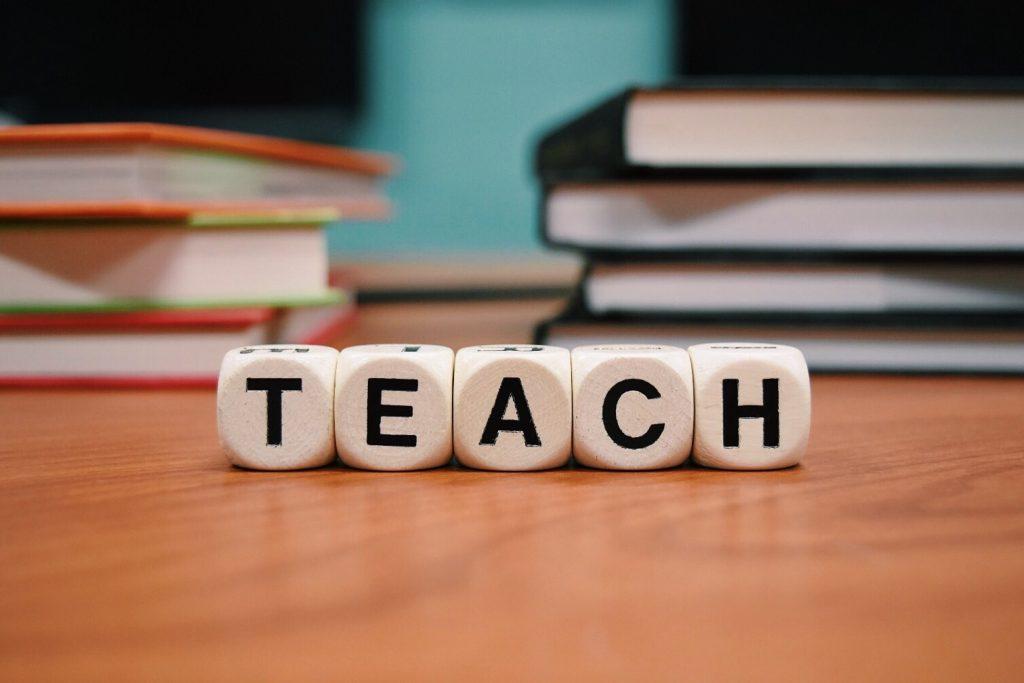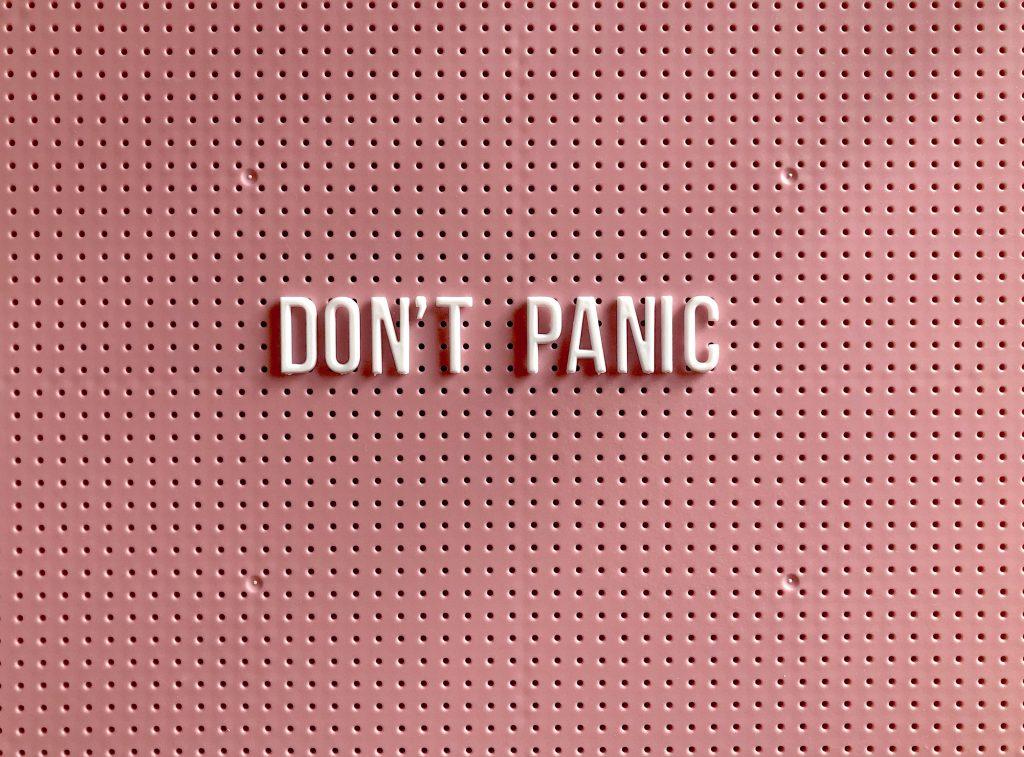
If you're a teenager like me living with a gluten-free diet, chances are you've had to explain the ins and outs of your dietary restrictions to your friends at some point. Whether it's because you can't eat the pizza at a sleepover or you need to bring your own food to a party, navigating social situations as a gluten-free teenager can be challenging. That's why it's important to be able to explain your gluten-free diet in a way that is clear, concise, and easy to understand.
So, what exactly is gluten and why do some people need to avoid it? Gluten is a protein found in wheat, barley, and rye that helps give bread and other baked goods their structure and elasticity. For most people, gluten is completely safe to consume. However, for those with celiac disease or non-celiac gluten sensitivity, consuming gluten can cause serious health problems.

Celiac disease is an autoimmune disorder that causes the immune system to attack the small intestine when gluten is consumed. This can lead to damage to the small intestine, malnutrition, and other serious health problems. Non-celiac gluten sensitivity is a less severe form of gluten intolerance, but it can still cause unpleasant symptoms like bloating, stomach pain, and fatigue.
So, if you have to follow a gluten-free diet, it's not just a trend or a fad – it's a necessity for your health.
Here are some tips for explaining your gluten-free diet to your friends:
Keep it simple:

Start by explaining that gluten is a protein found in wheat, barley, and rye and that some people can't eat it because it makes them sick. This will give your friends a basic understanding of what gluten is and why you need to avoid it.
Use examples:

Help your friends understand your gluten-free diet by giving examples of foods that contain gluten and foods that are gluten-free. For instance, you can say, "I can't eat pizza because it has wheat in the crust, but I can eat this gluten-free pasta instead."
Don't be afraid to educate:

If your friends are interested in learning more about your gluten-free diet, don't be afraid to share resources and information with them. You can recommend books, websites, or social media accounts that can help them understand more about gluten and gluten-free living.
Emphasize that it's not a choice:

It's important for your friends to understand that following a gluten-free diet is not a choice for you – it's a necessity. Remind them that you would choose to eat gluten-containing foods if you could, but your health depends on avoiding them.
Don't be ashamed:

It's natural to feel self-conscious about being different, but it's important to remember that you have nothing to be ashamed of. You're not doing anything wrong by following a gluten-free diet – you're just taking care of your health. There are plenty of other things to worry about on a gluten-free diet and dealing with nonsense from your friends shouldn't be one of them!
Explaining your gluten-free diet to your friends doesn't have to be difficult. By keeping it simple, using examples, and being willing to educate, you can help your friends understand why you need to avoid gluten and how they can support you. With a little patience and understanding, you can navigate social situations as a gluten-free teenager with ease.
Trust me - I know that it's not easy!

